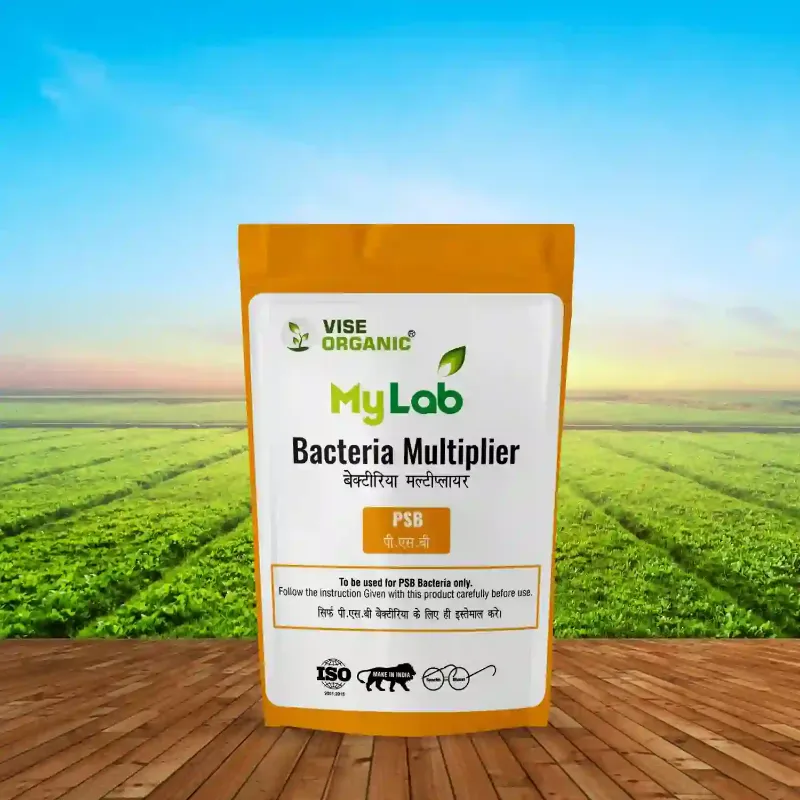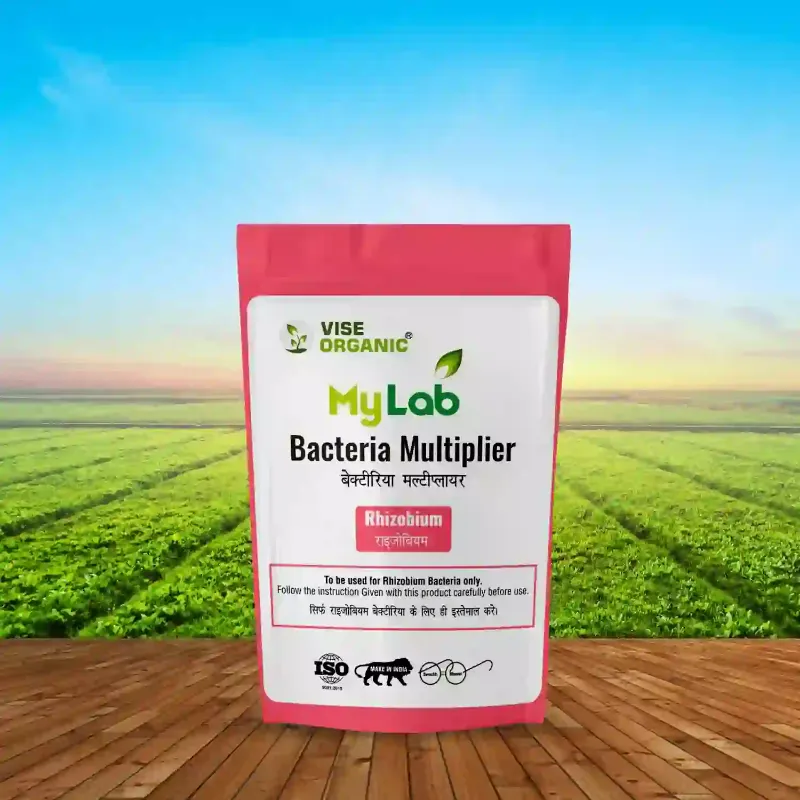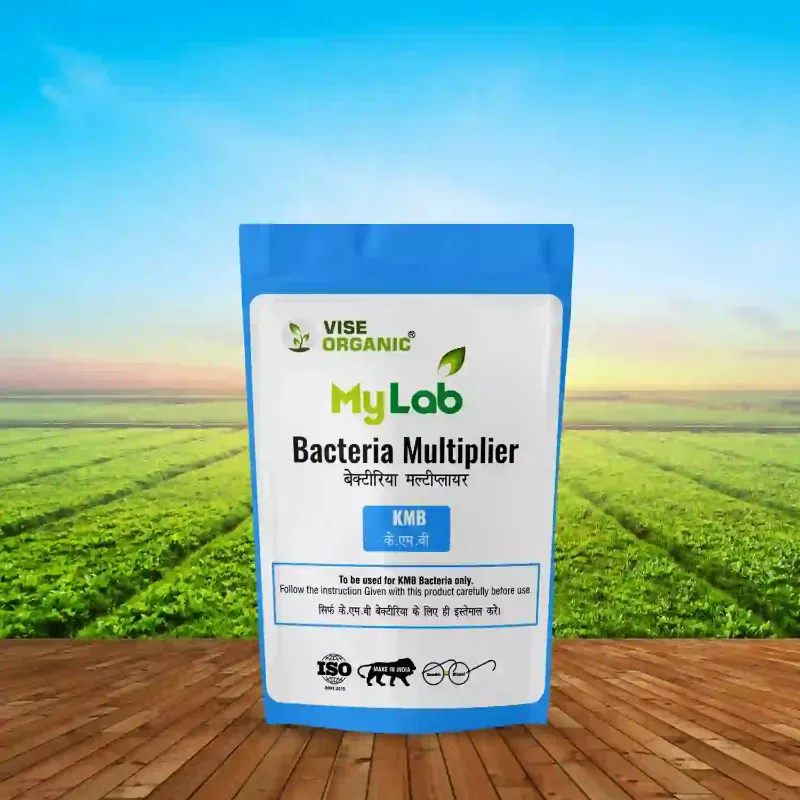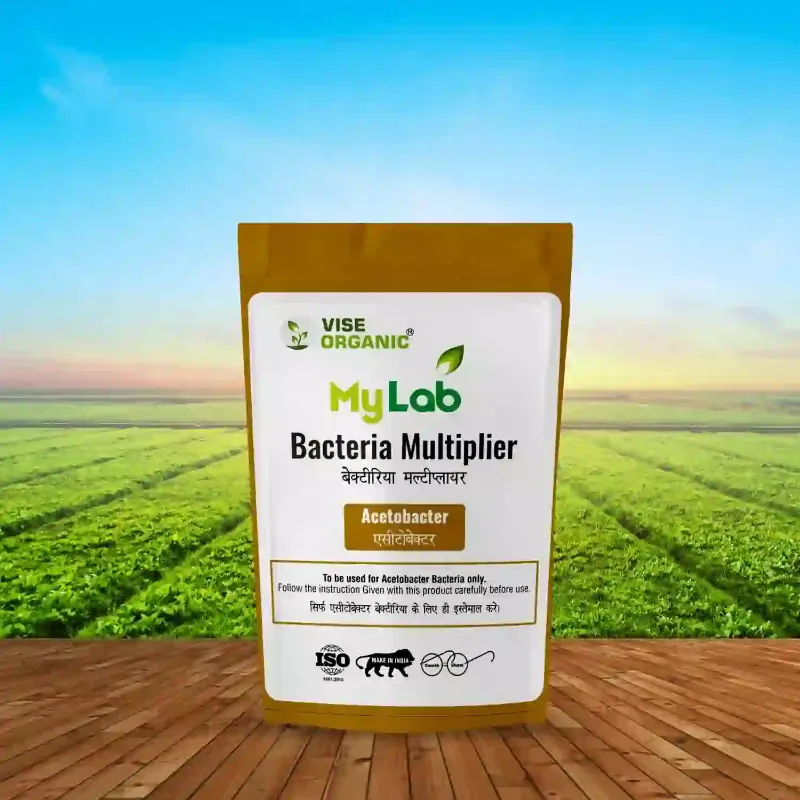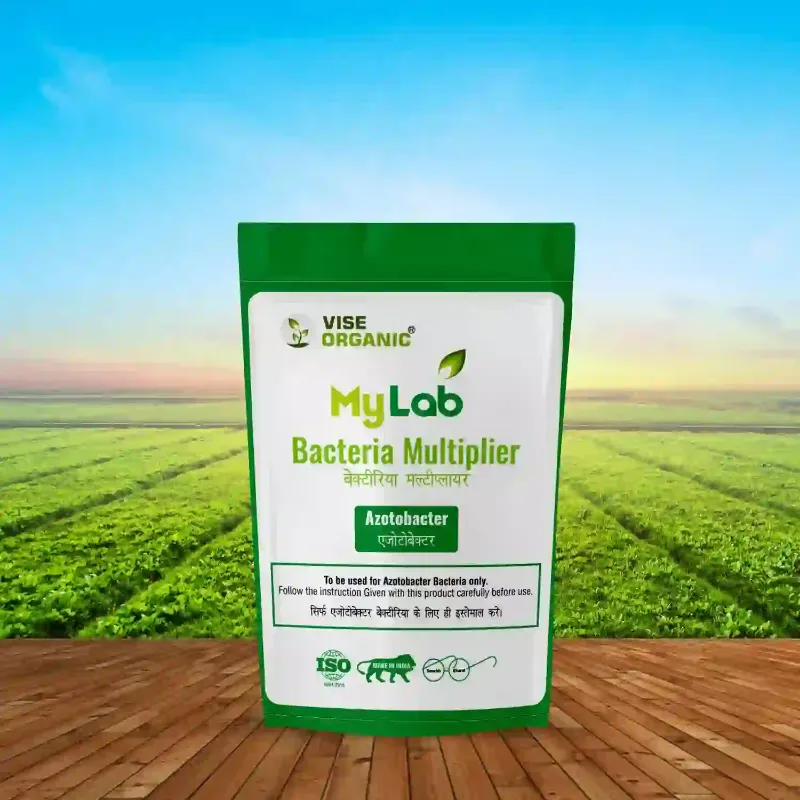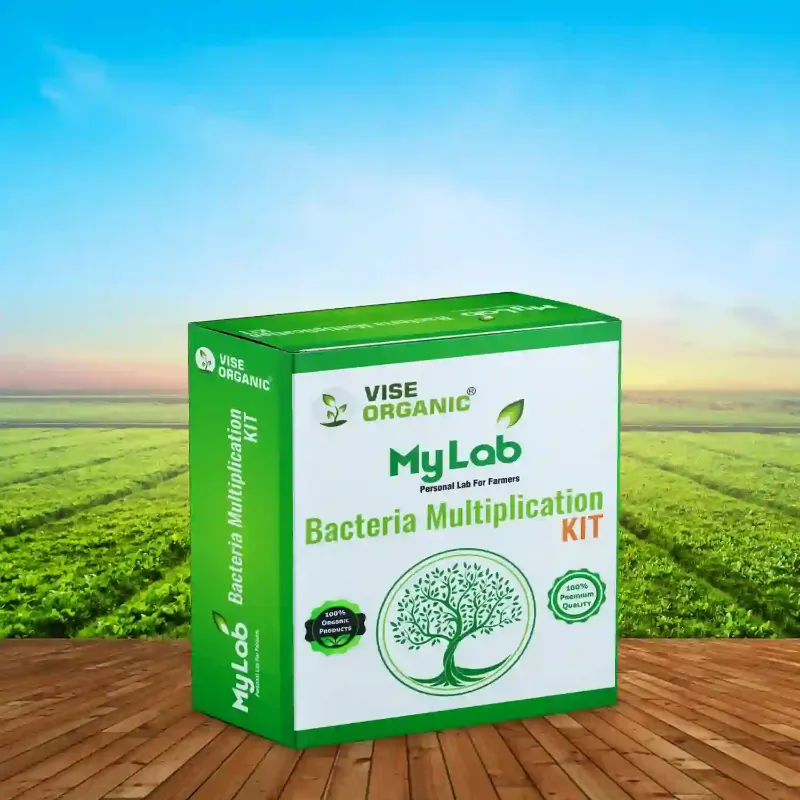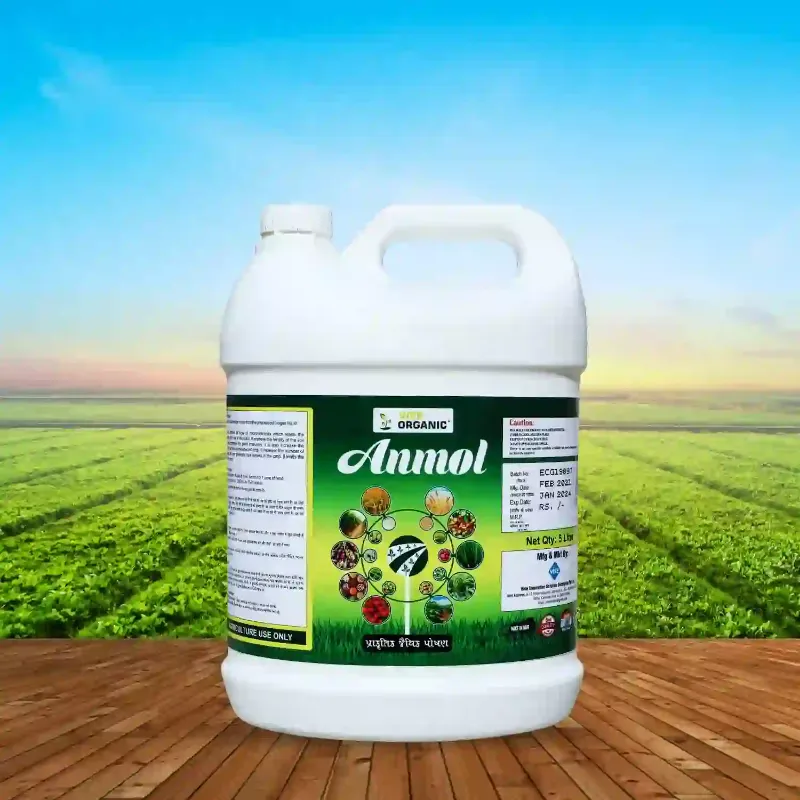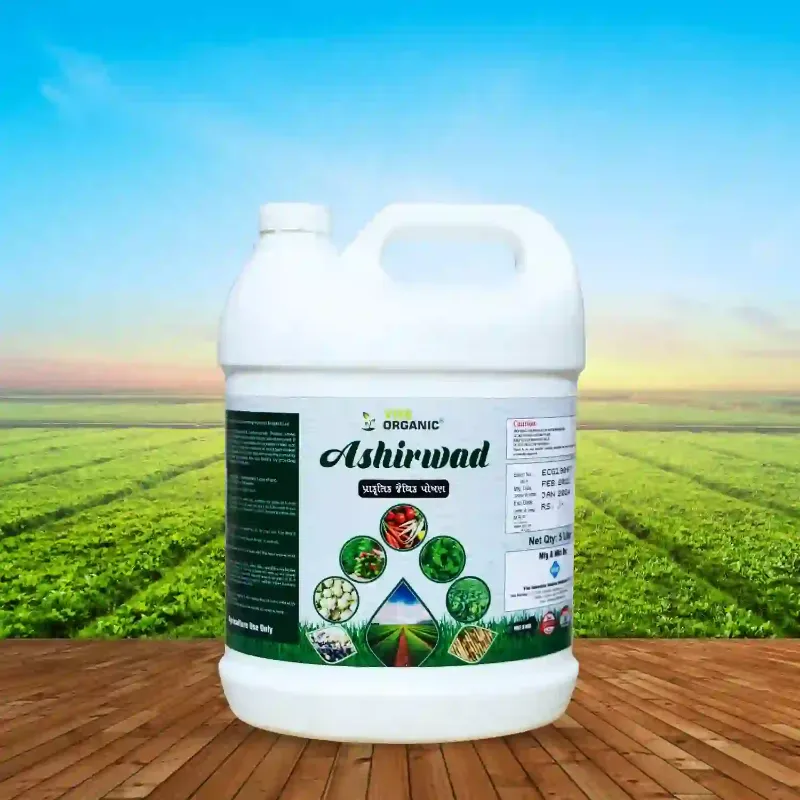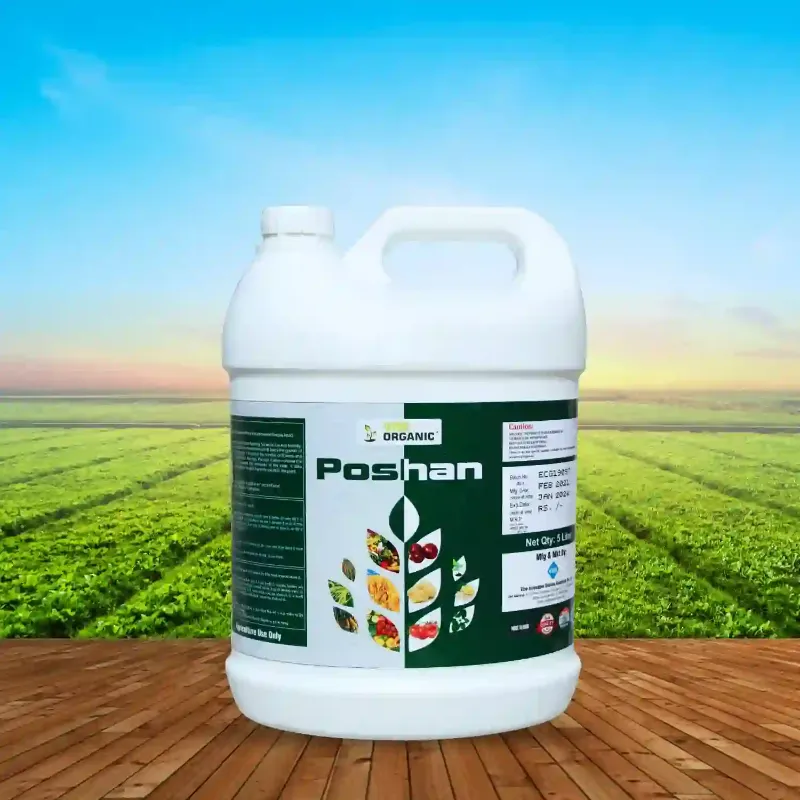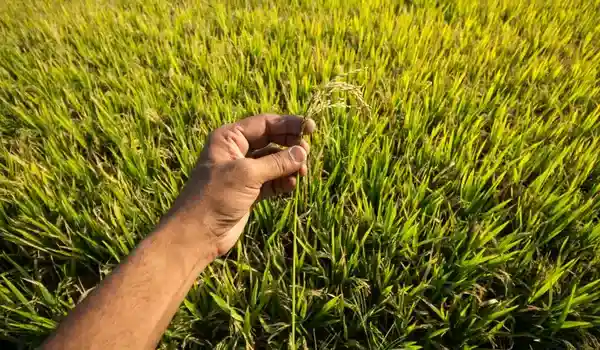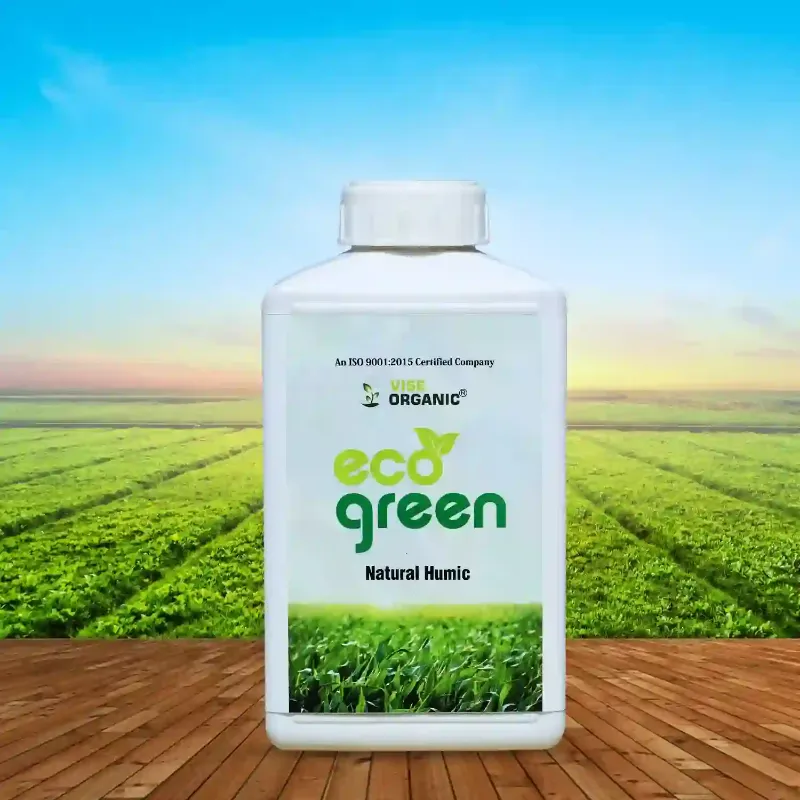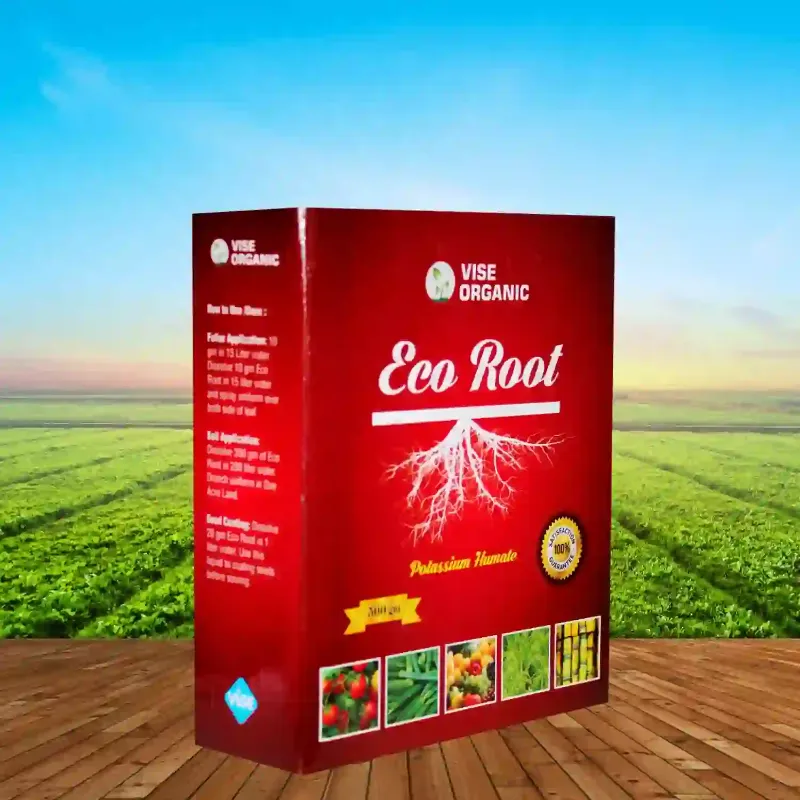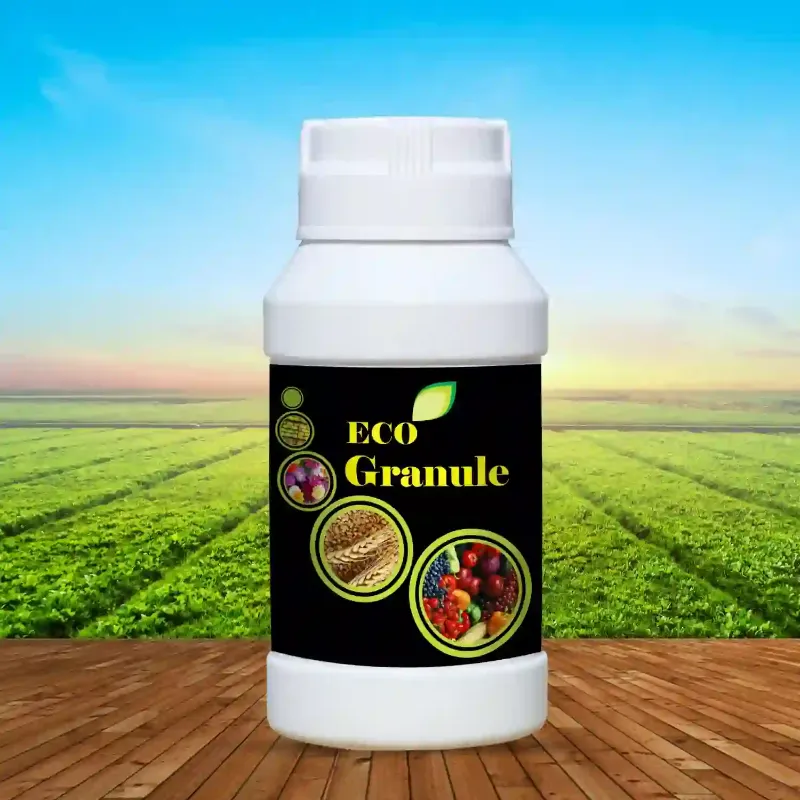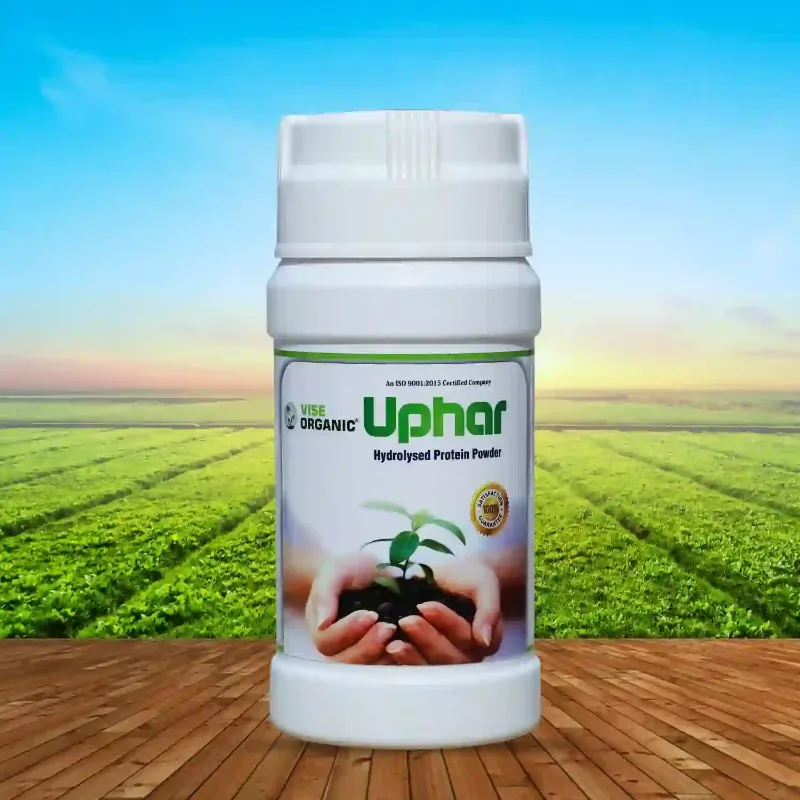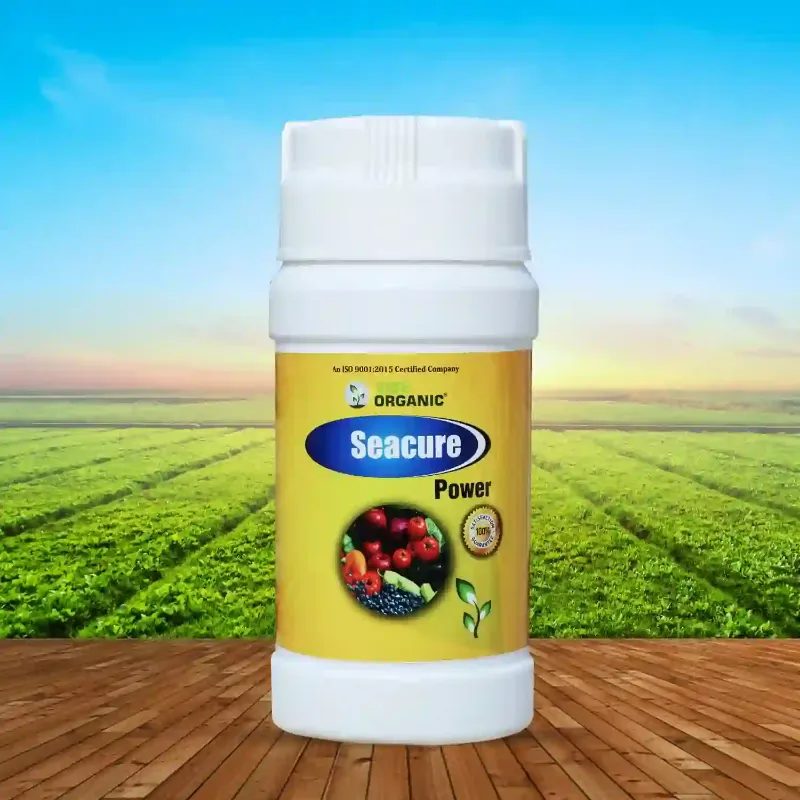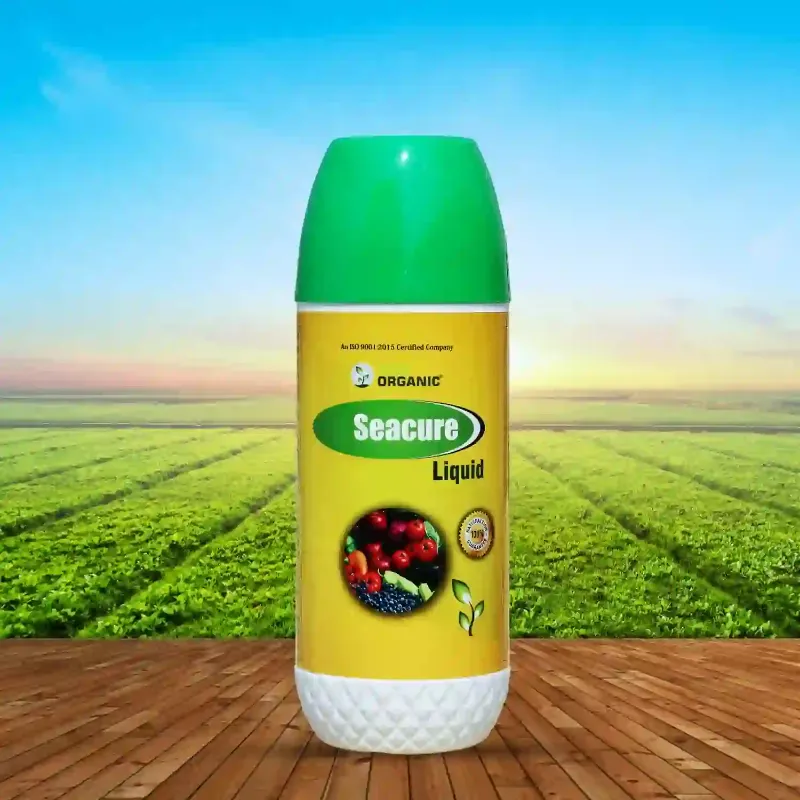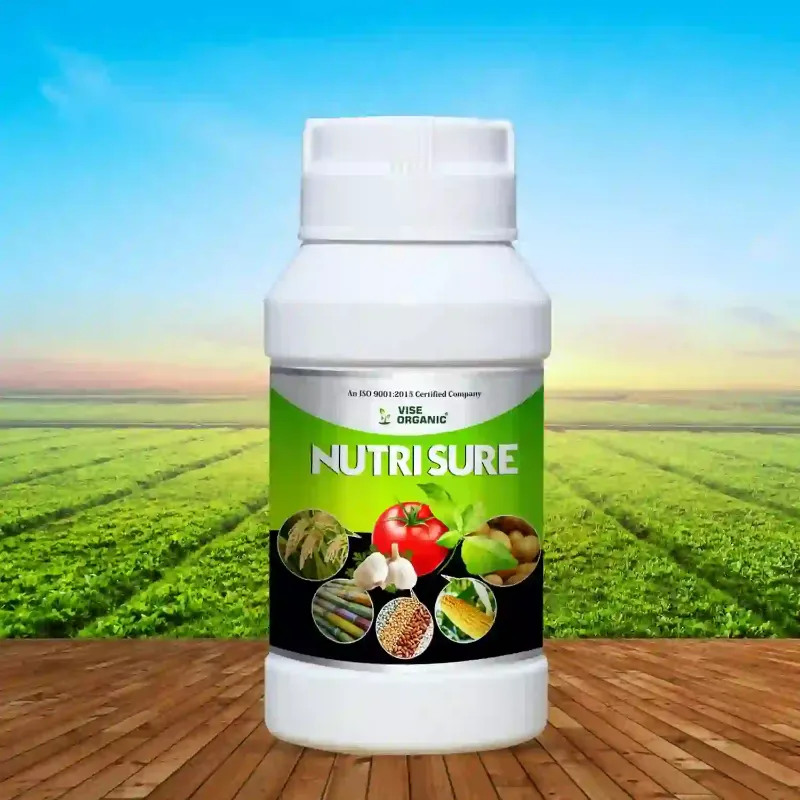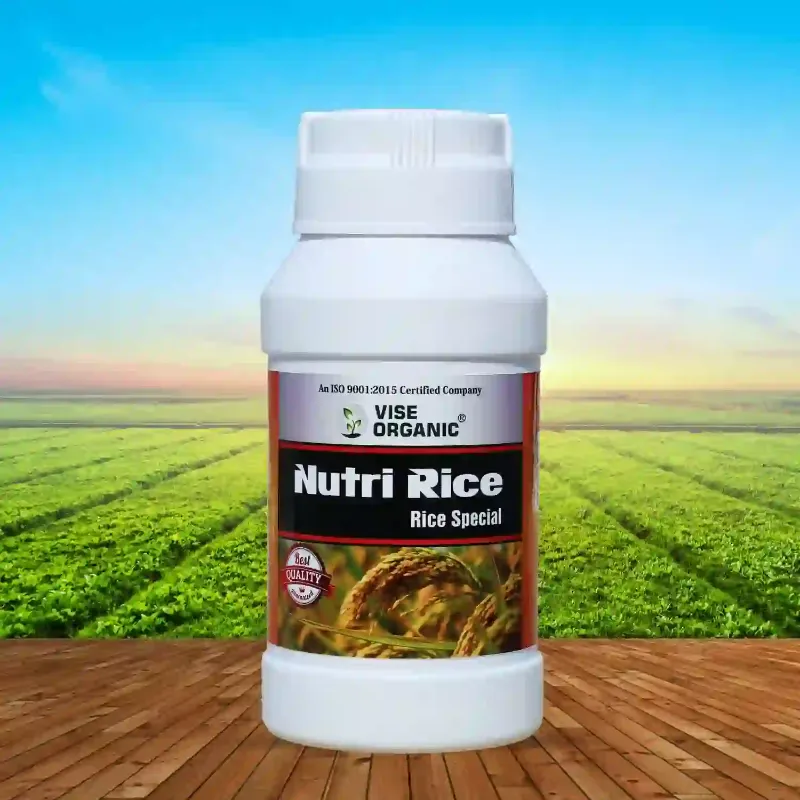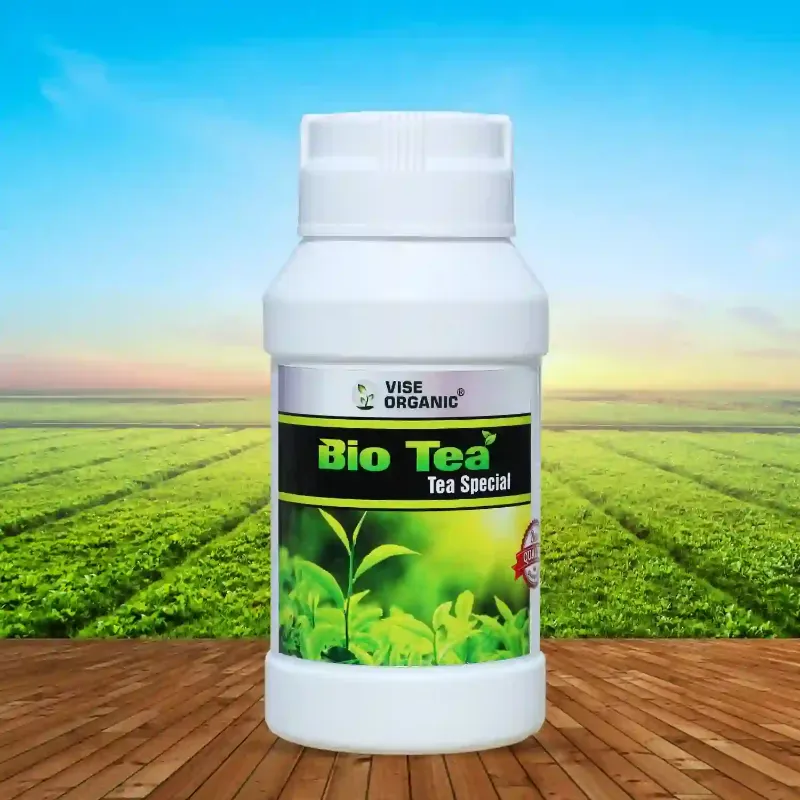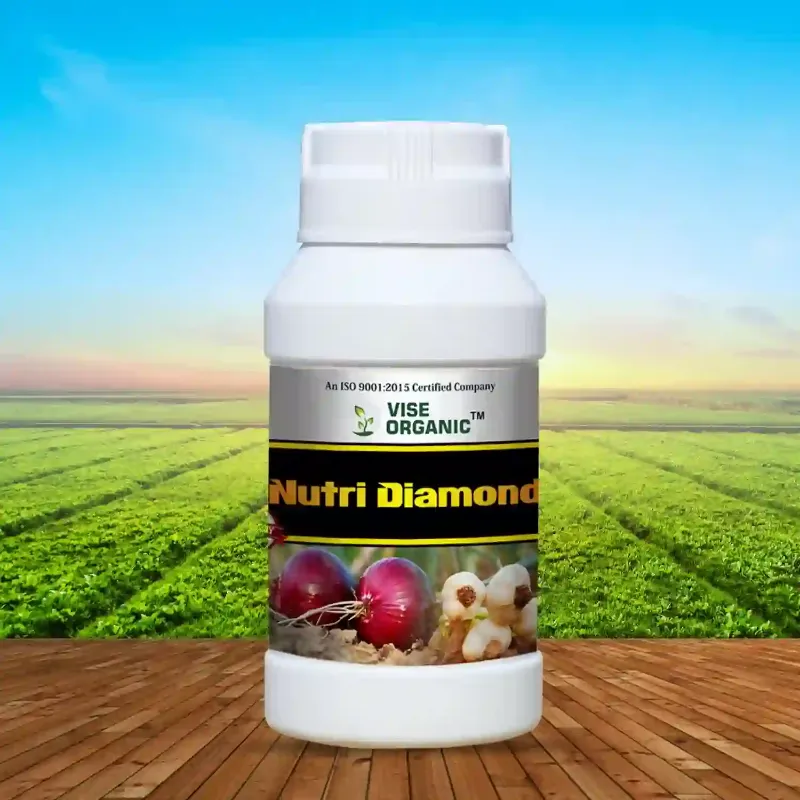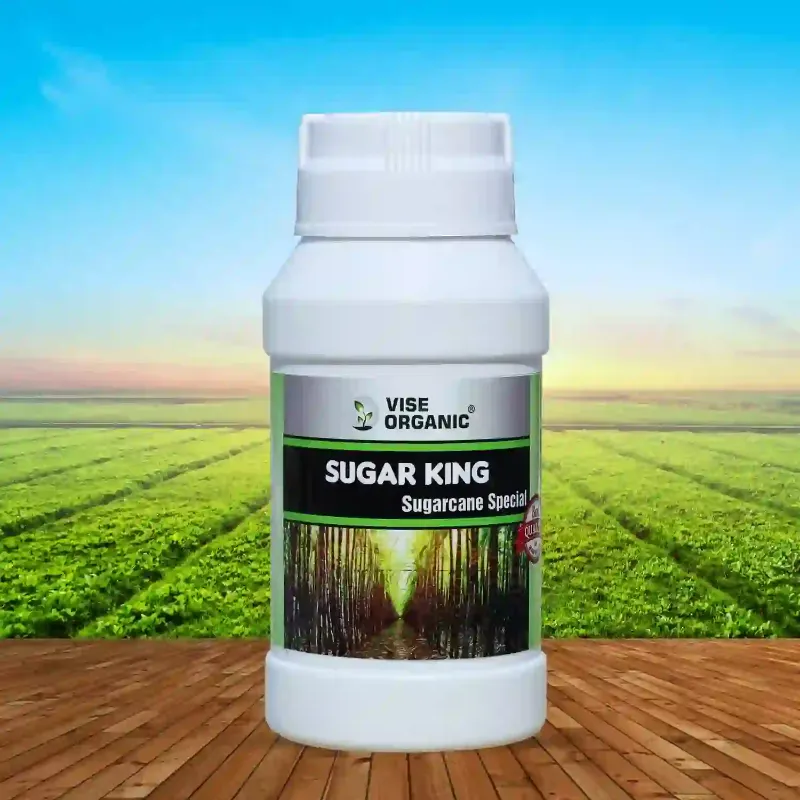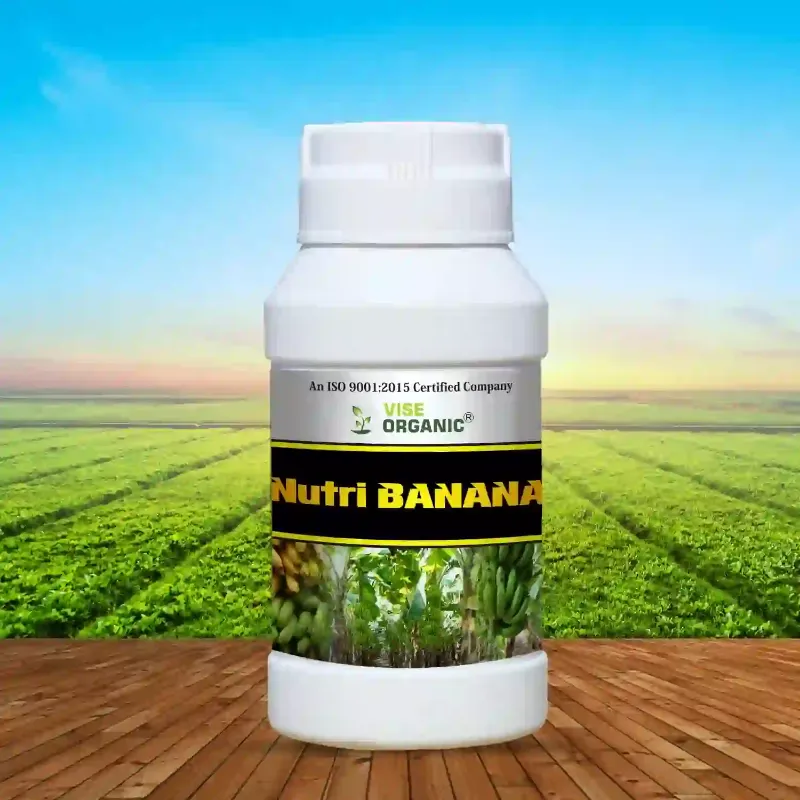Introduction
Vise Organic is a leader in providing innovative and sustainable agricultural solutions.We actively support the growth of organic farming through our advanced, eco-friendly products and practices. Our commitment extends to understanding and navigating the regulatory frameworks that bolster organic agriculture. Vise Organic specializes in developing high-quality organic agricultural products designed to enhance crop health and sustainability. Our range of solutions includes fertilizers, pesticides, and soil conditioners that are aligned with organic farming principles. By adhering to rigorous standards and supporting eco-friendly practices, Vise Organic helps farmers achieve better yields while maintaining environmental integrity. Our products meet top-quality standards, enabling clients to cultivate crops sustainably and responsibly.
Benefits of Organic Regulation Frameworks
- Standardization: Regulatory frameworks ensure that organic products meet uniform standards, providing consistency in organic certification and labeling.
- Consumer Trust: Certification bodies and regulations help build consumer confidence by verifying that products are genuinely organic.
- Market Access: Complying with organic regulations opens up access to both domestic and international organic markets, potentially increasing profitability.
- Environmental Protection: Regulations often emphasize environmental sustainability, helping to protect natural resources and biodiversity.
- Support for Farmers: Frameworks may offer guidance and support for farmers transitioning to organic practices, including financial incentives and technical assistance.
- Quality Assurance: Regular inspections and certification processes ensure that organic farming practices are maintained, guaranteeing high-quality produce.
- Consumer Education: Regulations often include educational components that inform consumers about the benefits of organic farming and the importance of certification.
- Transparency: A clear regulatory framework ensures transparency in organic farming practices, which helps in maintaining the integrity of organic labels.
What are the regulatory frameworks supporting organic agriculture?
- Certification Standards: Regulatory frameworks provide detailed certification standards for organic farming, which cover everything from soil management to pest control. Consequently, these frameworks ensure adherence to organic principles.
- Inspection and Compliance: Regular inspections by certification bodies ensure that farms comply with organic standards; consequently, they maintain the credibility and integrity of organic products.
- Labeling Requirements: Regulations define specific labeling requirements for organic products, thus helping consumers make informed choices and, consequently, preventing misleading claims.
- Environmental Impact: By promoting practices that reduce synthetic chemical use and enhance soil health, regulatory frameworks not only support sustainable agriculture but also contribute to environmental conservation. promoting practices that reduce synthetic chemical use and enhance soil health, regulatory frameworks support sustainable agriculture and environmental conservation.
- Support Mechanisms: Various frameworks offer support mechanisms such as grants, subsidies, and technical assistance to help farmers transition to and maintain organic practices.
Conclusion
Regulatory frameworks play a crucial role in supporting and enhancing organic agriculture by establishing clear standards and practices. Moreover, they ensure that organic farming methods are consistently applied across the industry. These regulations not only ensure the authenticity and quality of organic products but also foster consumer trust and market growth. For Vise Organic, aligning with these frameworks ensures our products meet high sustainability and effectiveness standards. By following these regulations, we enhance transparency and reliability in the organic market, benefiting farmers, consumers, and the environment. Embracing these standards advances organic farming, ensuring a healthier and more sustainable future for agriculture.

